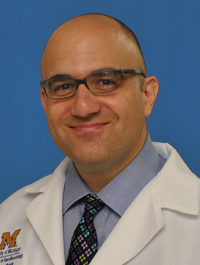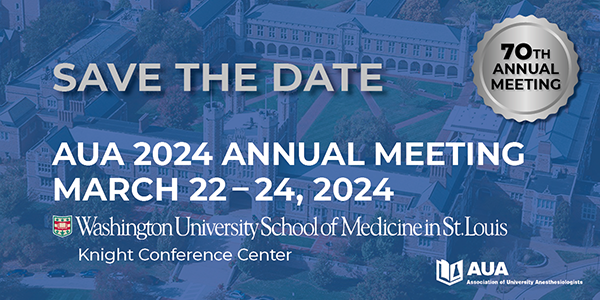George Mashour, M.D., Ph.D., Elected to National Academy of Medicine
The National Academy of Medicine (NAM) today announced the election of 75 regular members and 10 international members, including George Mashour, M.D., Ph.D.

For research informing current clinical practice in monitoring general anesthesia and leading to the identification of a common neural correlate of anesthetic-induced unconsciousness across diverse drug classes.
Election to the Academy is considered one of the highest honors in the fields of health and medicine and recognizes individuals who have demonstrated outstanding professional achievement and commitment to service.
“This distinguished and diverse class of new members is a truly remarkable set of scholars and leaders whose impressive work has advanced science, improved health, and made the world a better place for everyone,” said National Academy of Medicine President Victor J. Dzau. “Their expertise in science, medicine, health, and policy in the U.S. and around the globe will help our organization address today’s most pressing health challenges and inform the future of health and health care. It is my privilege to welcome these esteemed individuals to the National Academy of Medicine.”
New members are elected by current members through a process that recognizes individuals who have made major contributions to the advancement of the medical sciences, health care, and public health. A diversity of talent among NAM’s membership is assured by its Articles of Organization, which stipulate that at least one-quarter of the membership is selected from fields outside the health professions — for example, from such fields as law, engineering, social sciences, and the humanities. The newly elected members bring NAM’s total membership to 2,178 and the number of international members to 159.
Established originally as the Institute of Medicine in 1970 by the National Academy of Sciences, the National Academy of Medicine addresses critical issues in health, science, medicine, and related policy and inspires positive actions across sectors. NAM works alongside the National Academy of Sciences and National Academy of Engineering to provide independent, objective analysis and advice to the nation and conduct other activities to solve complex problems and inform public policy decisions. The National Academies of Sciences, Engineering, and Medicine also encourage education and research, recognize outstanding contributions to knowledge, and increase public understanding. With their election, NAM members make a commitment to volunteer their service in National Academies activities.
For more information and the full list of newly elected members, visit NAM.










